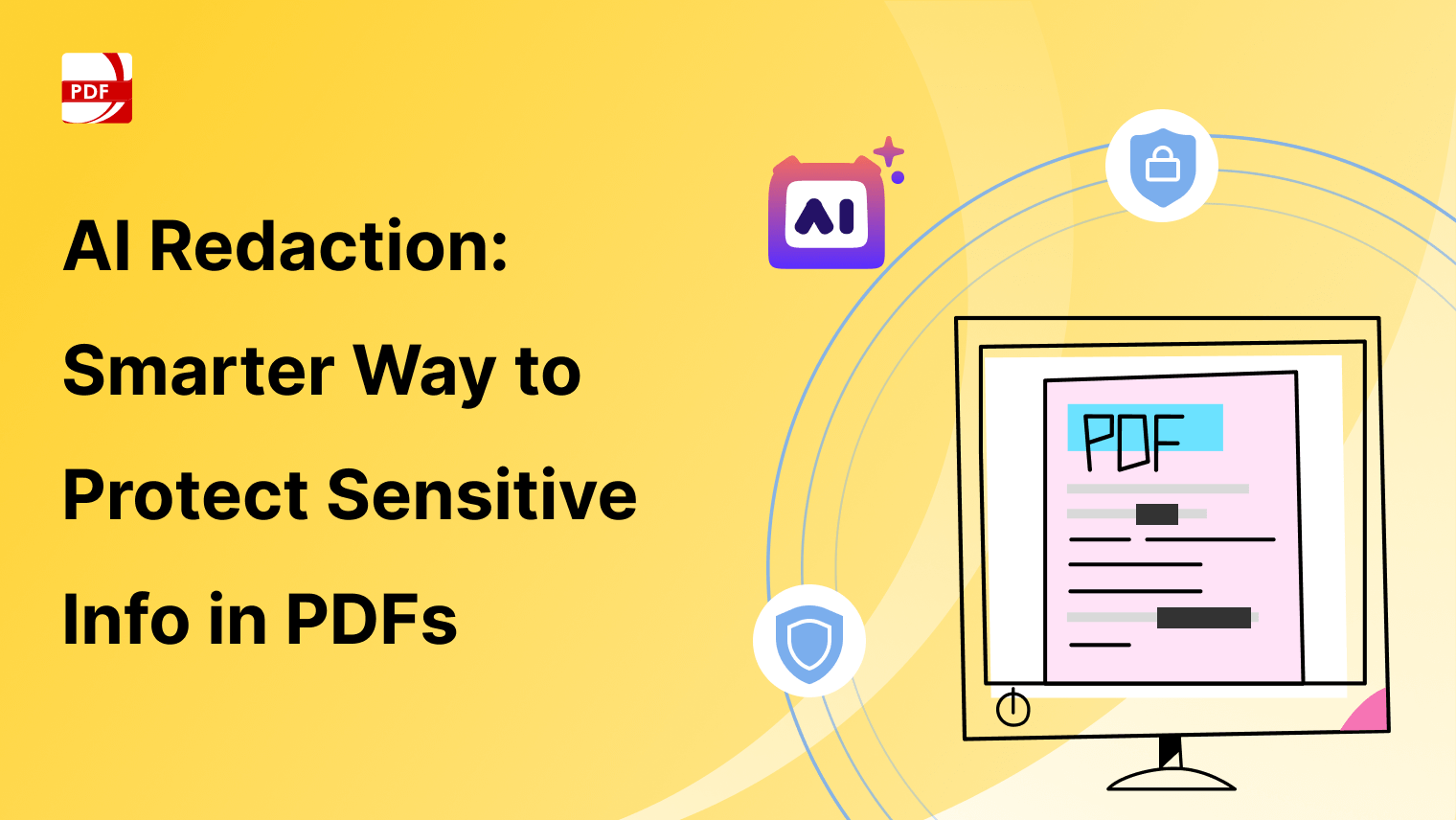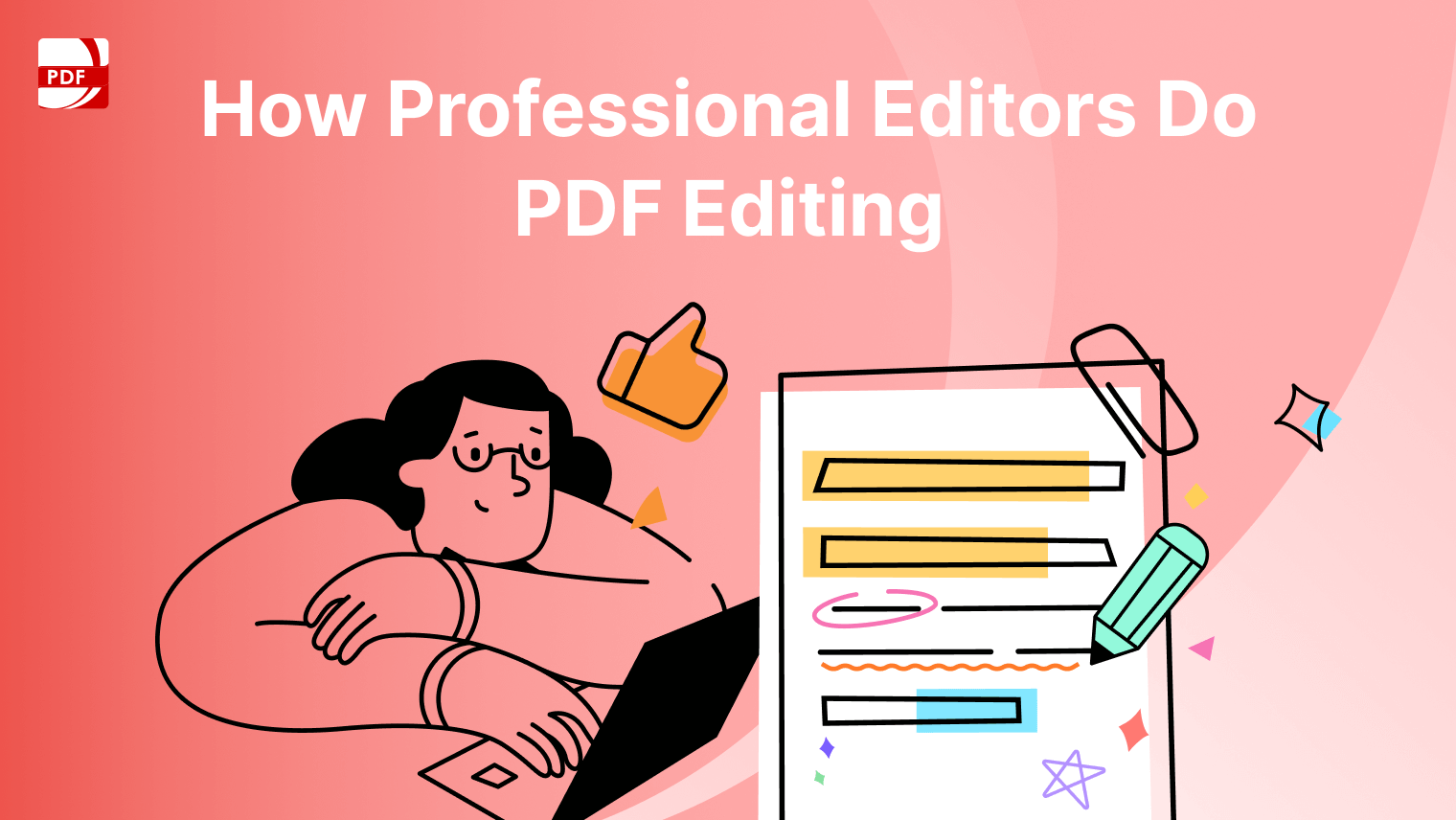Crafting an appeal letter for college, whether addressing Financial Aid Offices or an Admissions Office, requires a strategic approach to effectively communicate your circumstances.
This process involves outlining your Financial Situation, any Special Circumstances not reflected in the Original Application, and a respectful request for reconsideration, all while maintaining a Professional Tone targeted toward decision-makers.
Preparing to Write Your Appeal
To prepare for writing your appeal letter to get accepted into college, first thoroughly understand your Financial Situation and any Special Circumstances that affected your original application or academic performance.
Then, research the Appeal Process of the specific college, focusing on guidelines provided by Admissions Offices and Financial Aid Offices, to tailor your letter effectively and increase the chances of a successful appeal.
Explore our resource on the Community Service Letter PDF Template to enhance your service documentation.
Essential Elements of an Effective Appeal Letter
The essential elements of an effective appeal letter for college acceptance include:
- Clear Personal Information: Start with your full name, student ID, contact information, and the date of writing. Address the letter to the specific person or office handling appeals, such as the Admissions Office or Financial Aid Offices.
- Introduction and Intent: Clearly state that you are writing an appeal letter and specify what you are appealing, such as a college rejection or Financial Aid Package.
- Explanation of Circumstances: Detail the Special Circumstances or Personal Issues that affected your original application or academic performance. Be honest and concise about your Financial Situation, health issues, or other significant factors.
- Evidence and Documentation: Provide concrete evidence to support your appeal. This could include medical records, letters from educators or counselors, or proof of improved Academic Progress.
- Plan for Academic Success: Outline a clear plan for how you intend to achieve academic success if admitted. This could include study plans, support systems you have in place, or any changes to your Financial Circumstances.
- Expression of Interest and Commitment: Express your strong desire to attend the college and commit to making the most of the opportunity if your appeal is successful. Highlight any connections you have to the school or how it fits into your long-term educational and career goals.
- Gratitude and Professional Tone: Maintain a respectful and Professional Tone throughout the letter. Thank the reader for considering your appeal and express gratitude for the opportunity to provide additional context to your application.
- Conclusion and Contact Information: Conclude by summarizing your case and stating that you look forward to a favorable response. Provide your contact information again and indicate your willingness to provide further information or attend a Person Meeting if necessary.
Writing Your Appeal Letter: A Step-by-step Guide
Writing an effective appeal letter for college involves several crucial steps. Here's a concise step-by-step guide:
Step 1: Understand the Appeal Process:
Research the college's specific appeal process, deadlines, and contact details of the Admissions Office.
Step 2: Gather Relevant Information:
Compile your Original Application, College Rejections, and details of your Financial Situation, including communications from Financial Aid Offices or Financial Aid Award Letters.
Step 3: Identify Special Circumstances:
Outline any Special Circumstances like Personal Issues, Health Issues, or changes in Financial Situation that were not represented in your original application.
Step 4: Draft Your Letter:
Address the Admissions Office with your contact information, stating your purpose of writing an Appeal Letter concerning college rejection or financial aid decisions.
Step 5: Explain Your Situation:
Concisely explain your situation, providing clear arguments for reconsideration based on Special Circumstances impacting your application or Financial Aid Package.
[UPD CS FSTC LETTER OF APPEAL FOR SHIFTING AND TRANSFERRING]
Today, the UPD CS FSTC has forwarded a letter of appeal to the College Secretary requesting for the lowering of the minimum required number of units for shifting or transferring in the College of Science. pic.twitter.com/alLElKn11B
— UP Diliman College of Science FST Council (@updcsfstc) June 29, 2021
Step 6: Provide Evidence:
Attach documentation supporting your claims about Personal Issues, Academic Progress, or changes in Financial Circumstances.
Step 7: Express Commitment and Academic Goals:
Demonstrate your commitment to academic success and outline plans ensuring Academic Success if accepted.
Step 8: Be Professional and Polite:
Maintain a Professional Tone, expressing gratitude and avoiding confrontational language.
Step 9: Conclude with Next Steps:
Summarize your points and state any requests like a personal meeting. Include your contact information again.
Step 10: Proofread and Submit:
Review your letter for errors and clarity. Submit it as per the college's specified Appeal Process.
For strategies on advancing your career, you can also check our resume resource on Letter of Intent for Promotion PDF Template.
Tailoring Your Appeal Letter
Tailoring your appeal letter for college is crucial for a compelling and personalized request. Here's how to customize your letter effectively:
-
Understand the College's Appeal Process: Familiarize yourself with the specific appeal procedures of the college, including deadlines and the appropriate Admissions Office or Financial Aid Offices to address.
-
Reflect on Your Original Application: Revisit your Original Application to identify areas that might have led to College Rejections or insufficient Financial Aid Packages. Understand what might have been lacking or misinterpreted.
-
Detail Your Financial Situation: If appealing for more aid, provide a clear and honest depiction of your Financial Situation. Include changes in income, Source Of Income, or unexpected Financial Burden like Medical Bills.
-
Describe Special Circumstances: Clearly articulate any Special Circumstances such as Personal Issues, Health Issues, or Academic Progress that affected your original application or financial needs. Provide documentation where possible.
-
Emphasize Academic Success: Highlight any recent Academic Success or progress to show your potential and commitment. If applicable, discuss how overcoming previous obstacles has prepared you for future challenges.
-
Consult Sample Appeal Letters: Look at successful Appeal Letters for structure and tone inspiration. Ensure your letter is personalized and doesn't replicate Sample Letters.
-
Draft a Professional Letter: Start with a Strong Appeal Letter format. Address it to the correct office or individual, and use a Professional Tone throughout. Be respectful and concise.
-
State Your Case Clearly: In the body of the Letter For College, state your case clearly. Discuss why you're appealing, focusing on Financial Circumstances, Academic Issues, or any relevant details.
-
Provide a Plan for Future Success: Show the Admissions Committee or Financial Aid Offices that you're proactive. Outline a plan for how you'll manage your finances or improve academically.
-
Express Gratitude and Openness: Express an Expression Of Gratitude for the reader's time and consideration. Indicate your willingness to provide additional information or attend a personal meeting if needed.
-
Review and Edit: Ensure all details are accurate and relevant. A Concise Details approach is often more impactful. Avoid grammatical errors and maintain a respectful and hopeful tone.
-
Follow-Up: After sending your letter, be prepared to follow up. Keep track of any deadlines and be available to answer any further Appeal Requests or questions from the college.
Learn how to write a compelling motivational letter with our guide, designed to help you stand out and make a strong impression.
Use an Appeal Letter PDF Template
Using PDF Reader Pro's Appeal Letter template can streamline the process of crafting a well-structured and professional appeal, ensuring all critical elements are addressed. The template provides a solid foundation that you can customize to reflect your unique situation, saving time while enhancing the quality and effectiveness of your appeal.
Learn How to Write a Scholarship Application Letter!
Common Pitfalls and How to Avoid Them
When writing a college appeal letter, it's crucial to avoid common pitfalls that can undermine your case. Here's how to sidestep these issues effectively:
-
Ignoring the Appeal Process: Every college has a specific Appeal Process. Avoid the pitfall of not following the institution's guidelines by researching and adhering to the exact procedure outlined by the Admissions Office or Financial Aid Offices.
-
Vague Financial Situation Description: Be precise about your Financial Situation. A common pitfall is being too vague about changes in income or Financial Circumstances. Provide clear evidence and documentation of your financial status and any Special Circumstances, such as Medical Bills or changes in Source Of Income.
-
Rehashing the Original Application: Your Letter Of Appeal should offer new insights or information not included in your Original Application. Avoid simply reiterating what was already stated. Instead, focus on how your situation has changed or highlight any Personal Issues, Academic Progress, or Special Circumstances that were not previously mentioned.
-
Overlooking Academic Progress: Even if appealing based on Financial Aid, including any recent Academic Success can bolster your case. Failing to mention improved grades or other academic achievements is a missed opportunity to demonstrate your commitment to Academic Success.
-
Neglecting to Personalize Your Letter: Using a generic Sample Letter or not tailoring your appeal to your specific situation can be a pitfall. Customize your appeal by addressing it directly to the Admissions Committee or Financial Aid Offices and make sure it reflects your unique circumstances and personality.
-
Disregarding Professional Tone: A Professional Tone is crucial for a Successful Appeal. Avoid a confrontational or casual Conversational Tone. Express yourself clearly and respectfully, acknowledging the reader's time and the opportunity to appeal.
-
Not Clarifying the Financial Aid Package: If appealing a Financial Aid Package, be specific about what you're requesting. Is it more grants, reconsideration of Private Student Loans, or a reassessment due to changed Financial Circumstances? Ambiguity can lead to confusion and a less effective appeal.
-
Failing to Express Gratitude: Not expressing an Expression Of Gratitude is a common oversight. Regardless of the outcome, thank the Admissions Office for reconsidering your application or Financial Aid Award. This shows respect and professionalism.
The College of Development Communication Student Council sent a letter of appeal to the college faculty members regarding the mass promotion of CDC students. pic.twitter.com/uwR8BxGAhL
— CDC Student Council (@UPLBCDCSC) April 17, 2020
Use PDF Reader Pro's Template to ensure that you use the correct format allowing you to construct a concise Appeal Letter!
Learn to write a persuasive scholarship application letter with our straightforward guide.
Appeal Letter: Best Practices
Best practices for writing a college appeal letter are crucial to ensure your request is considered thoughtfully and respectfully by the Admissions Committee or Financial Aid Offices. Here's how to ensure your appeal is as strong as possible:
-
Follow the Appeal Process: Adhere strictly to the college's specific Appeal Process. Research and understand deadlines, required documentation, and the correct office to address, whether it's the Admissions Office or Financial Aid Offices.
-
Reflect on Your Original Application: Consider what might have led to College Rejections or an insufficient Financial Aid Package. Use insights from your Original Application to address any gaps or misinterpretations.
-
Detail Your Financial Situation: For a Financial Aid Appeal Letter, provide a comprehensive and honest overview of your Financial Situation. Include any changes in income, Source Of Income, or unexpected Financial Burden like Medical Bills.
-
Explain Special Circumstances: Clearly articulate any Special Circumstances that weren't represented in your original application. This might include recent Personal Issues, Health Issues, or significant changes in Financial Circumstances.
-
Highlight Academic Success: Demonstrate your commitment to Academic Success. Include any recent achievements, especially if appealing College Rejections based on past performance.
-
Customize Your Appeal Letters: Avoid using generic Sample Letters. Customize your Letter For College to reflect your personal story, Professional Tone, and the specific college's values and expectations.
-
Be Clear About the Financial Aid Package: If appealing a Financial Aid Package, specify what you're requesting. Is it more grants, reconsideration of Federal Loans or Private Student Loans, or a reassessment due to changed Financial Circumstances?
-
Provide Documentation: Support your appeal with relevant documentation. This might include a Financial Aid Award Letter, medical bills, or letters from educators or counselors confirming your Special Circumstances or Academic Progress.
-
Request a Person Meeting: If appropriate, suggest a Person Meeting to discuss your appeal further. This shows your commitment and provides an opportunity to explain your situation in more detail.
-
Maintain a Professional Tone: Always use a Professional Tone. Respect the reader's time and express gratitude for considering your appeal. Avoid any Confrontational Tone, and instead, aim for a respectful and hopeful tone.
Frequently Asked Questions
When should I write an appeal letter?
Write an appeal letter after receiving an unfavorable decision from a college. Check the college's Appeal Process for specific deadlines.
What should be included in a college appeal letter?
Include your name, contact information, and details about the decision you're appealing. Clearly state your reasons for appealing, provide evidence of any Special Circumstances or changes in your Financial Situation, and express your commitment to Academic Success.
Can I appeal College Rejections?
Yes, you can appeal College Rejections if you have significant new information or Special Circumstances that weren't included in your Original Application.
How long should my appeal letter be?
Keep your Letter For College concise and to the point. Typically, one page is sufficient, but ensure you include all relevant details.
How important is it to follow the college's appeals process?
It's crucial. Not adhering to the Appeal Process can result in an automatic denial. Ensure you understand and follow all guidelines provided by the Admissions Office or Financial Aid Offices.
What are the chances of a Successful Appeal?
The chances vary greatly depending on individual circumstances and the college's policies. While not all appeals are granted, a well-written appeal that clearly articulates Special Circumstances or changes in your situation can increase your chances.


